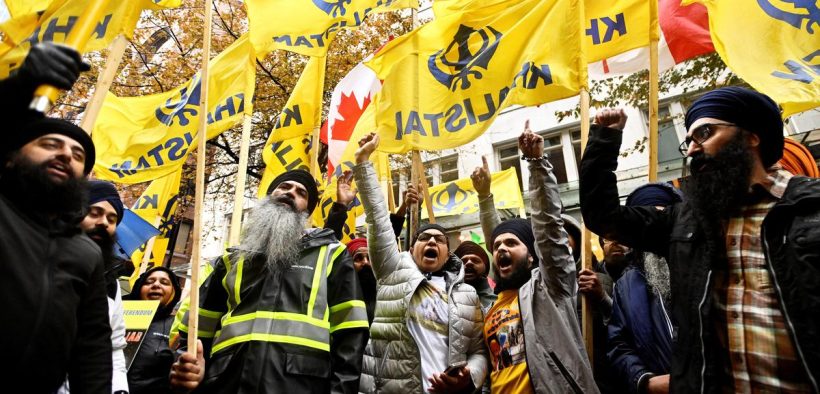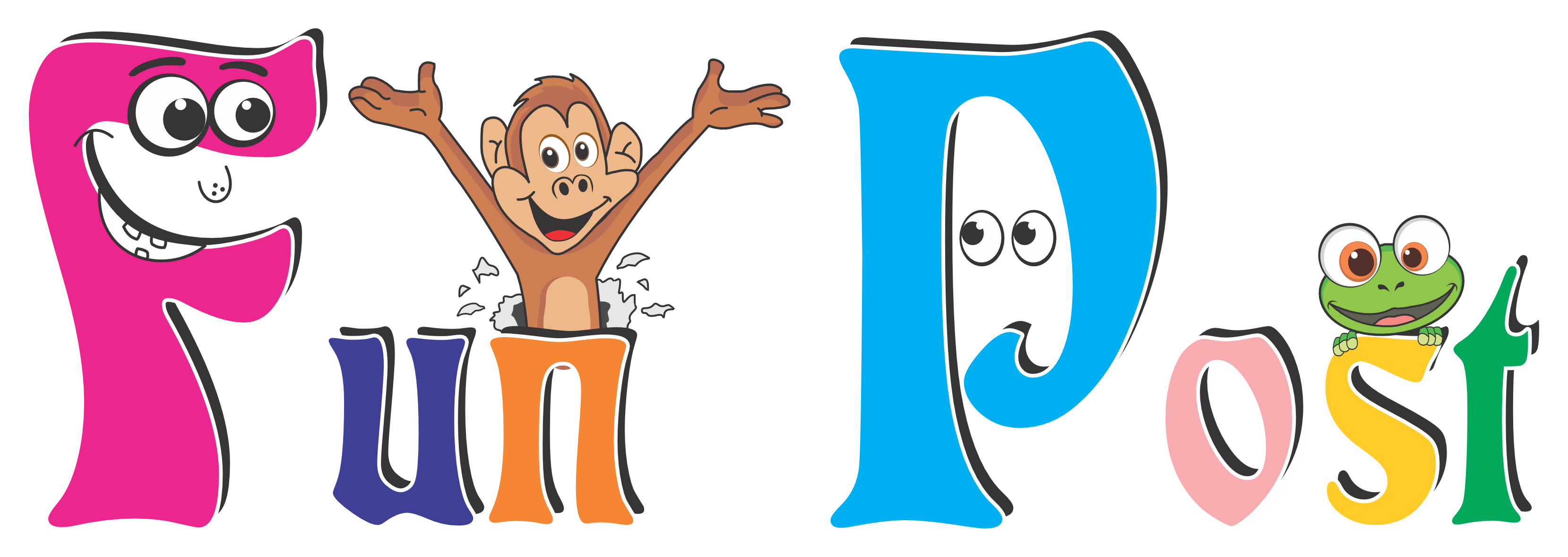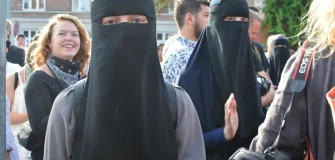Khalistan Controversy Fuels India-Canada Rift
Share

India-Canada diplomatic relations have become tense after Canadian Prime Minister Justin Trudeau accused Indian intelligence of being involved in the killing of Hardeep Singh Nijjar, a Canadian citizen and alleged Khalistani terrorist. This led to both countries expelling their top diplomats. India has long criticized Canada for being a safe haven for Khalistani extremists, especially after the 1985 Air India bombing, which killed 329 people. Canada’s failure to prevent such acts and support investigations has fueled the rift.

The Canadian government has allowed Khalistani advocacy, including referendums and parades, under its freedom of speech laws. However, India objects to these activities, especially those glorifying violent separatism. The two countries have also disagreed on extraditions, with Canada rejecting many of India’s requests, citing concerns over legal standards and human rights issues. This dispute reflects broader misunderstandings about each other’s political and legal systems.








